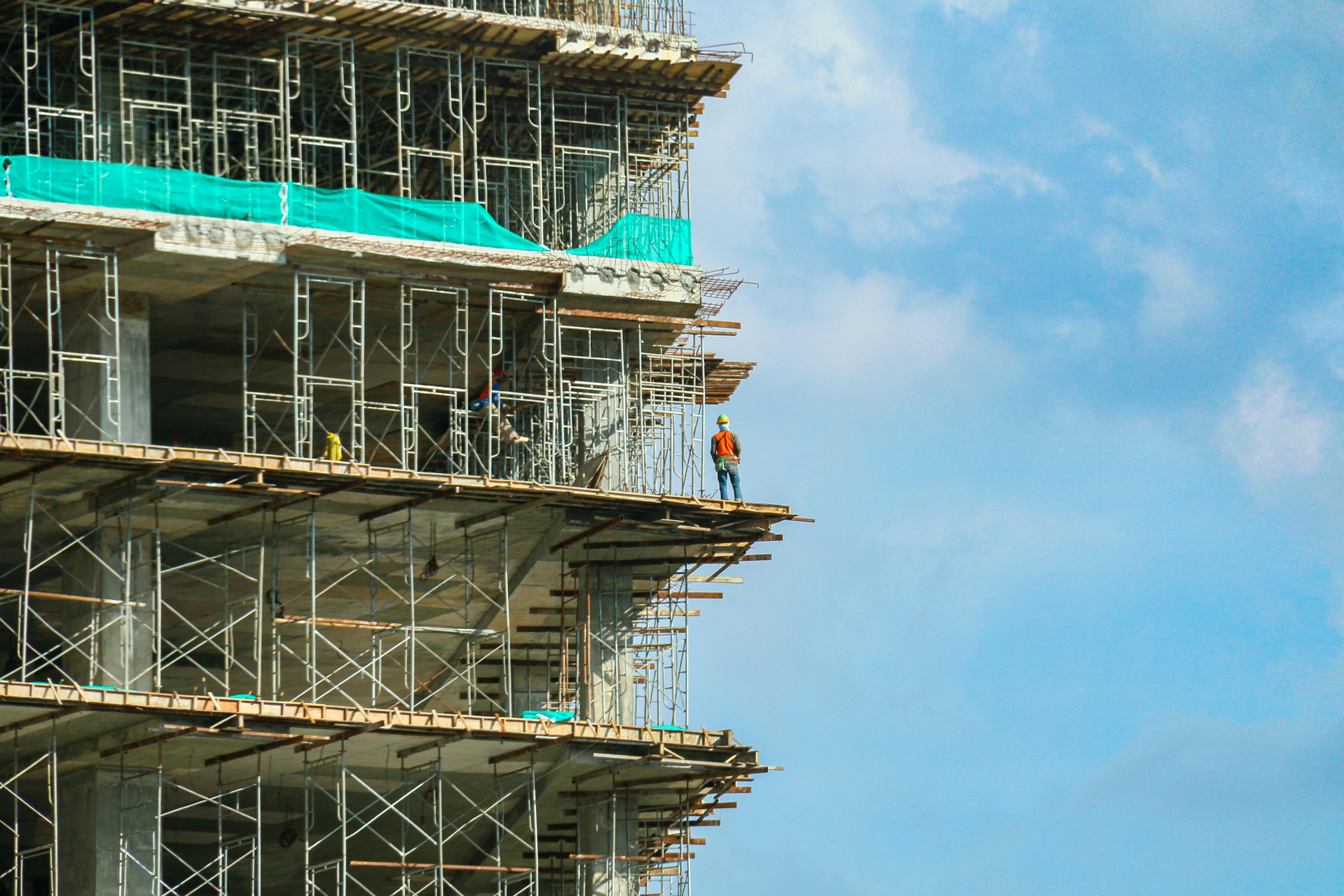Simple French Mortgage Tips
Real estate in France has been a firm favorite with the British for many years. Fueled by strong growth rates and good investment returns for second home owners and investors alike, non-resident property in France has been growing especially over the last 10 years. Traditional ferry routes enhanced by cross-channel rail and road links, extensive road networks and ever-expanding budget airline flights to a greater number of French airports have made cross-channel travel more accessible and even cheaper.
This proximity to the UK has made French Property one of the most popular choices for investment property buyers. The French property market is extremely diverse and offers a lot to the potential investor in property abroad. The South of France is a prime example and the airports of Nice and Marseille offer excellent access to the French Riviera all year round and are serviced by low cost airlines such as Easyjet and Ryanair.
The good news for investment property buyers in France is that there is an abundance of property throughout the South of France; a restored Mas, stylish new constructions, a pied-a-terre, family villas or even apartments for winter sports. Capital appreciation is good and rental returns are strong. The Côte d’Azur is second only to Paris in price, but you don’t need a fortune to buy. A good rental return on investment property can be achieved with the large number of tourists and large number of conferences throughout the year, especially in Cannes, making the South of France an excellent choice for your real estate investment in abroad.
Unlike the UK, a long history of prudent lending in France (lenders do not allow the borrower’s total expenses on finance payments to exceed 1/3 of their total gross monthly income) has meant that mortgage financing in France is still easily available and is of great value. Coupled with an approximate 10% discount in French property prices compared to a year ago, there is no better time than 2010 to purchase an investment property in the South of France.
For southern France second home owners and real estate investors, 2010 is the perfect opportunity to buy in some of the most desirable towns and cities such as Cannes, Nice and Antibes in the south of France. French banks have not suffered like their UK counterparts, meaning they are more inclined to lend to foreign or non-resident property investors who might not have considered France before. Coupled with some extremely attractive loan rates (2.7% interest for non-residents only plus the ability to pay anytime WITHOUT PENALTIES), France is quickly becoming a savvy investment for foreign and non-resident real estate investors.
Considerable mortgage product innovation by some leading banks such as Micos Banca and BNP, along with a wide range of properties available in the South of France that can generate good solid returns and investment growth, is boosting the UK property investor. United to look across the channel. Property in the south of France continues to favor buyers, and 2010 could give the foreign property investor a firm footing in the French property market.
It is important to deal with an independent mortgage broker registered in France with a Siret number. The company must also have a Carte Bancaire/Financial; this means that they are professionally registered with the Bank of France to carry out and advise on Mortgages in France. The advisor must also have ORIAS membership; Registration in this register is compulsory for a natural person residing in France, or a company having its registered office in France, to be able to carry out the activity of insurance or reinsurance intermediation. Professional liability insurance is crucial and a company must have it to register with ORIAS.
